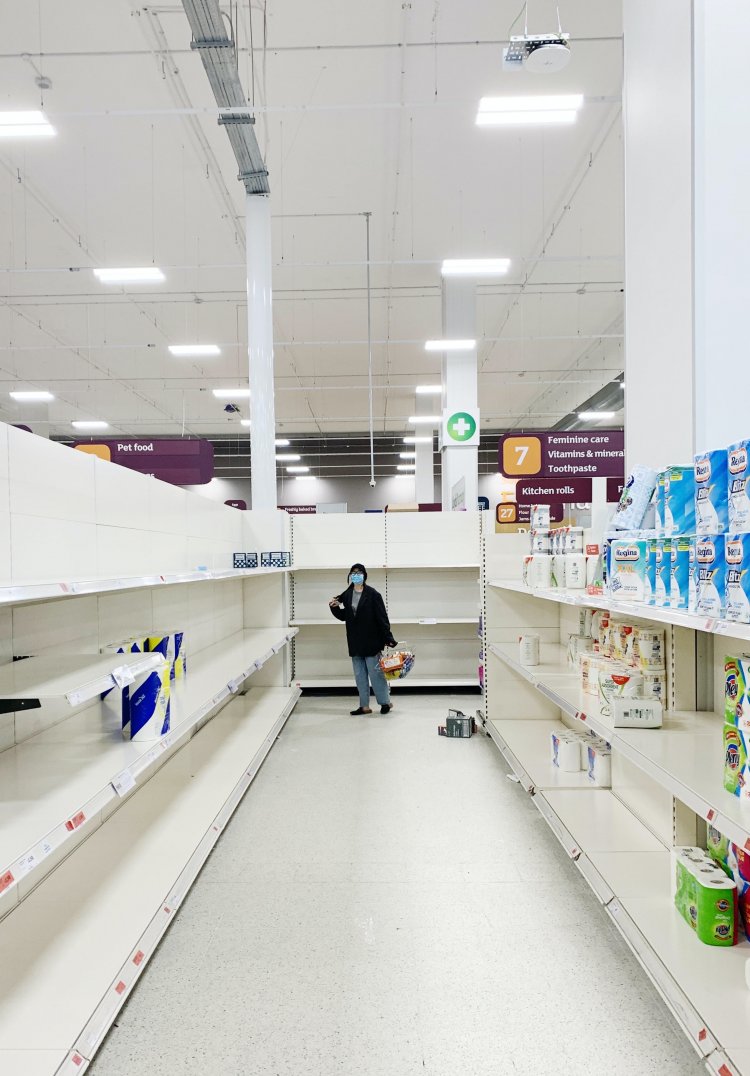What could have Fueled the Collapse of Nakumatt and Tuskys Supermarkets in Kenya
Kenya’s economic growth that was averaged at 5.7% in 2019, made the country one of the fastest growing economies in Sub-Saharan Africa. We had the locust invasion and now Covid-19 pandemic, both of which interfere with the economy’s growth. Supermarkets are collapsing, and the two factors mentioned are not really the major contributing factors.

With the recent turn of events at Tuskys supermarket, should we be more worried as a country? Uchumi supermarket being placed under receivership back in 2006 was a premonition in the sector. But why are almost all such enterprises heading in the same direction?
- Import Duty
The high-end big supermarkets mostly import the products they sell. Importing by itself costs money and there is an import duty imposed on the goods. All these contribute to the prices of such commodities in the supermarkets being high. This works against supermarkets that are not situated in high-end areas where the high-class people live.
- Poor Management
Good management is everything to a business. From enterprises that are owned by the government to those belonging to a certain family all are exposed to poor management. When the business is performing well, everyone wants a piece of it. When things go wrong, everyone wants to distance themselves.
The more the business grows, the more managing it gets harder. You have to find the right people, who you can trust, and this is not always easy.
In some cases, when there are wrangles in a family-owned enterprise, the members involved each siphon money so that if the business goes south, they would have something for themselves.
- Fast Expansion
Aggressive expansion of a business does not guarantee the growth of the business financially. Such expansions help in establishing the brand name. Expansion is something that is planned with an aim of filling a gap and satisfying a need. Nowadays it is commonplace to find supermarkets crowded in one place. Not everybody buys their goods in the supermarket, others prefer the small retail shops which may be convenient for them. The expansion comes with a lot of financial duties. The rent, more employees and suppliers to pay.
With malls sprouting in Kenya, supermarket owners get space in the malls and hurriedly set up shop. What they don’t know is that such malls create a false sense of the potential market. To some, shopping malls are like parks. They just go to take leisure walks and buy ice cream and popcorn as they take selfies.
Small supermarkets that are hardly known tend to have a longer life span than the bigger brands. These are mostly managed by the entrepreneurs themselves and if they expand, they make sure to oversee the expansion themselves.
4. Market Saturation
Every supermarket wants to be on the market. With so many of them, the competition if often very high. Some come up with good offers to maintain visibility and be on top of the competition. This often works against business finances.
The circle seems to be repeating itself. A new promising brand comes up and establishes its presence. It expands, but soon enough it is in debt and if they are lucky, some foreign investor comes to their rescue. After some time, the foreign investor also announces the exit, just as experienced with Ukwala supermarket which was acquired by Choppies from Botswana. Once such businesses end, many people lose their jobs, suppliers incur losses and investors became skeptical about investing in such enterprises in the future.

































